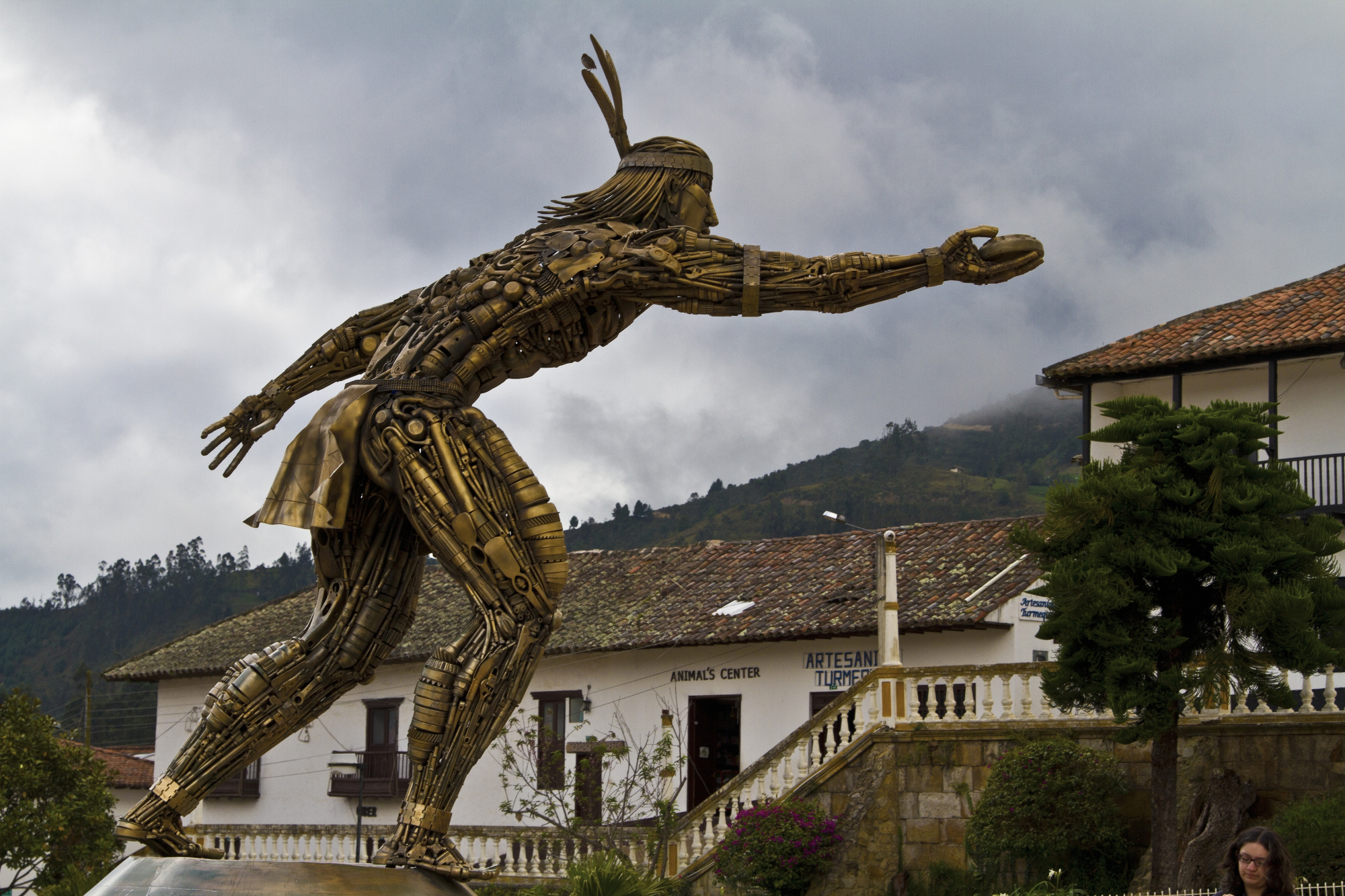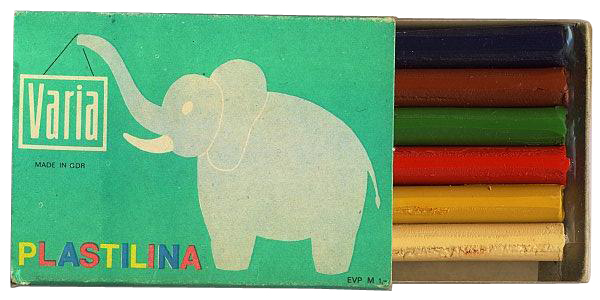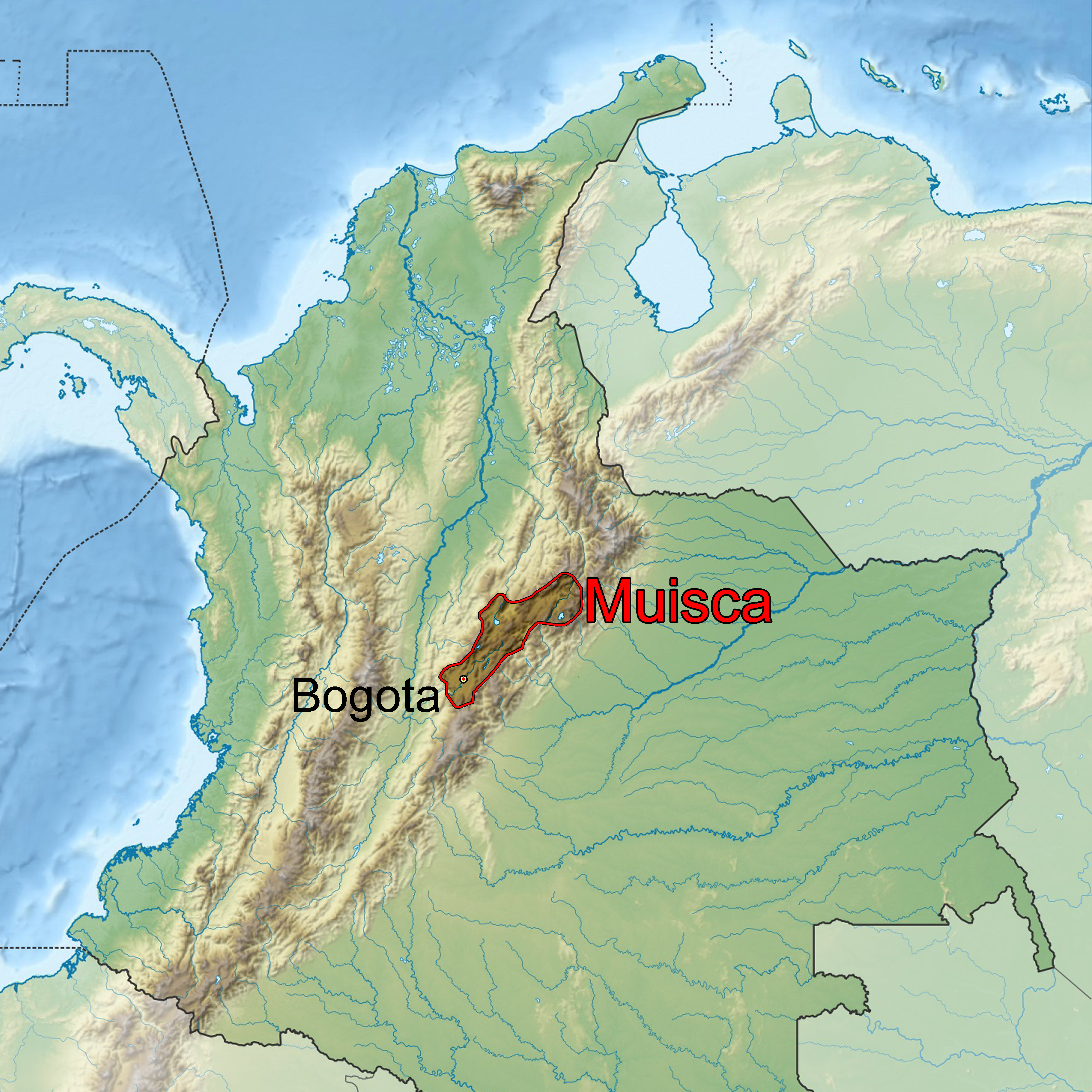|
Tejo (sport)
Tejo (), also known, to a lesser degree, as turmequé (), is a traditional throwing sport in Colombia. It is characteristic for its use of small targets containing gunpowder, which explode on impact. History There is not one widely accepted theory on the origins of tejo. In fact, it is believed that many of the current theories circulating on the internet might be fictitious and a result of "word of mouth" and speculation. It is, however, widely accepted that the sport has origins in native aboriginals from the center of Colombia, where it might have been played in a similar form. Another theory presented by the Colombian government on its website describes the game as having originated more than 500 years ago. In this theory, presented by one of the most important authorities in the country, the sport was played by native people that would use a golden disc called ''zepguagoscua''. This, however, is refuted in other sources as a word with sounds not existent in dictionaries ... [...More Info...] [...Related Items...] OR: [Wikipedia] [Google] [Baidu] |
Throwing Sport
Throwing sports, or throwing games, are physical, human competitions where the outcome is measured by a player's ability to throw an object. The two primary forms are throwing for distance and throwing at a given target or range. The four most prominent throwing for distance sports are in track and field: shot put, discus, javelin, and the hammer throw. Target-based sports have two main genres: bowling and darts, each of which have a great number of variations. History Throwing sports have a long history. Modern track and field comes from a lineage of activities that dates to the Ancient Olympic Games. Artwork from Ancient Greece, in the form of friezes, pottery and statues, attests to the prominence of such sports in the society's physical culture. Bowling games have similarly ancient roots. Games based on throwing stone balls in Ancient Egypt date to 5000 BCE, and a form of bocce is documented in Ancient Rome. The game of catch (throwing and catching an object between p ... [...More Info...] [...Related Items...] OR: [Wikipedia] [Google] [Baidu] |
Plasticine
Plasticine is a putty-like modelling material made from calcium salts, petroleum jelly and aliphatic acids. Though originally a brand name for the British version of the product, it is now applied generically in English as a product category to other formulations. Plasticine is used for children's play and as a modelling medium for more formal or permanent structures. Because of its non-drying property, it is a material commonly chosen for stop-motion animation, including several Oscar-winning films by Nick Park. History Franz Kolb, owner of a pharmacy in Munich, Germany, invented an oil-based modelling clay in 1880. At the time, the city was a centre for the arts, and among Kolb's circle of friends were sculptors. They complained about how with the clay they were using for modelling, their sculptures would dry too fast and that — particularly in winter —, it was too difficult to work with. In order to commercialize his invention, he presented it to the Faber-Castel ... [...More Info...] [...Related Items...] OR: [Wikipedia] [Google] [Baidu] |
Colombian Culture
Many aspects of Colombian culture can be traced back to the early culture of Spain of the 16th century and its collision with Colombia's native civilizations (see: Muisca people, Muisca, Tayrona). The Spanish brought Catholicism, the feudal encomienda system, and a Casta, caste system that favored European-born whites. After independence from Spain, the ''Criollo (people), criollos'' struggled to establish a pluralistic political system, between conservative and liberal ideals. The conservatives supported the involvement of the Catholic Church in the state, while liberals favored the separation of these. The conservatives managed to outsource public education to the Catholic Church, and for many years, the church controlled the country's education system. Both parties engaged in multiple civil wars resulting in a slow development of the country and the isolation of regions until the end of the 19th century. Ethno-racial groups maintained their ancestral heritage culture: whites ... [...More Info...] [...Related Items...] OR: [Wikipedia] [Google] [Baidu] |
Precision Sports
Precision, precise or precisely may refer to: Science, and technology, and mathematics Mathematics and computing (general) * Accuracy and precision, measurement deviation from true value and its scatter * Significant figures, the number of digits that carry real information about a measurement * Precision and recall, in information retrieval: the proportion of relevant documents returned * Precision (computer science), a measure of the detail in which a quantity is expressed * Precision (statistics), a model parameter or a quantification of precision Computing products * Dell Precision, a line of Dell workstations * Precision Architecture, former name for PA-RISC, a reduced instruction set architecture developed by Hewlett-Packard * Ubuntu 12.04 "Precise Pangolin", Canonical's sixteenth release of Ubuntu Companies * Precision Air, an airline based in Tanzania * Precision Castparts Corp., a casting company based in Portland, Oregon, in the United States * Precision Drilli ... [...More Info...] [...Related Items...] OR: [Wikipedia] [Google] [Baidu] |
Sports Originating In Colombia
Sport pertains to any form of competitive physical activity or game that aims to use, maintain, or improve physical ability and skills while providing enjoyment to participants and, in some cases, entertainment to spectators. Sports can, through casual or organized participation, improve participants' physical health. Hundreds of sports exist, from those between single contestants, through to those with hundreds of simultaneous participants, either in teams or competing as individuals. In certain sports such as racing, many contestants may compete, simultaneously or consecutively, with one winner; in others, the contest (a ''match'') is between two sides, each attempting to exceed the other. Some sports allow a "tie" or "draw", in which there is no single winner; others provide tie-breaking methods to ensure one winner and one loser. A number of contests may be arranged in a tournament producing a champion. Many sports leagues make an annual champion by arranging games in a ... [...More Info...] [...Related Items...] OR: [Wikipedia] [Google] [Baidu] |
Sport In Colombia
Sports in Colombia includes professional sports leagues, as well as amateur leagues for numerous sports. Football, cycling, and roller skating are the most popular sports in Colombia. The Government of Colombia sponsors numerous individuals and teams nationally and internationally through the Ministry of Culture to enable sportspeople to represent Colombia in competition. The achievements of professional sportspeople are a source of national pride for Colombians. Football The Colombian Football Federation was founded in 1924 and has been associated with FIFA and CONMEBOL since 1936. Colombia's national team participated in a FIFA World Cup in 1962, followed by others in 1990, 1994, 1998, 2014 and 2018. Its best presentation was in 2014, when the team reached the quarter-finals and James Rodríguez became top scorer of the tournament. The only "olympic goal" (a goal made directly from one corner shot) in the World Cup was scored for Colombia by Marcos Coll, beating legendary goa ... [...More Info...] [...Related Items...] OR: [Wikipedia] [Google] [Baidu] |
Traditional Sports
A tradition is a belief or behavior (folk custom) passed down within a group or society with symbolic meaning or special significance with origins in the past. A component of cultural expressions and folklore, common examples include holidays or impractical but socially meaningful clothes (like lawyers' wigs or military officers' spurs), but the idea has also been applied to social norms such as greetings. Traditions can persist and evolve for thousands of years—the word ''tradition'' itself derives from the Latin ''tradere'' literally meaning to transmit, to hand over, to give for safekeeping. While it is commonly assumed that traditions have an ancient history, many traditions have been invented on purpose, whether that be political or cultural, over short periods of time. Various academic disciplines also use the word in a variety of ways. The phrase "according to tradition", or "by tradition", usually means that whatever information follows is known only by oral tradition ... [...More Info...] [...Related Items...] OR: [Wikipedia] [Google] [Baidu] |
Tejo (Argentina)
Tejo () is a precision sport in the family of the Bocce and the petanque. Tejo can be played by men and women of all ages. History The sport was born as a beach game on the coast of Argentina in the mid-nineteenth century. Over the years, it spread across Argentina and neighboring countries. It was elected in 2015 by the Ministry of Sports of the Argentine nation as an indigenous sport for the transplanted Olympics carried out in the city of Mar Del Plata and since 2018 is organized worldwide by the International Association of Tejo (AIT). Gameplay Tejo is played between two opposing teams. They play by throwing a series of small discs called tejos (they have two different colours, one for each team) in a rectangular field. They try to score points, winning with 12 (traditionally 15). One team scores a point for each of its tejos that are nearer a small and neutral tejo, which is called tejin, than the nearest tejo of the opposing team, once all the tejos are played. The ... [...More Info...] [...Related Items...] OR: [Wikipedia] [Google] [Baidu] |
Muisca People
The Muisca (also called Chibcha) are an indigenous people and culture of the Altiplano Cundiboyacense, Colombia, that formed the Muisca Confederation before the Spanish conquest. The people spoke Muysccubun, a language of the Chibchan language family, also called ''Muysca'' and ''Mosca''. They were encountered by conquistadors dispatched by the Spanish Empire in 1537 at the time of the conquest. Subgroupings of the Muisca were mostly identified by their allegiances to three great rulers: the '' hoa'', centered in Hunza, ruling a territory roughly covering modern southern and northeastern Boyacá and southern Santander; the '' psihipqua'', centered in Muyquytá and encompassing most of modern Cundinamarca, the western Llanos; and the ''iraca'', religious ruler of Suamox and modern northeastern Boyacá and southwestern Santander. The territory of the Muisca spanned an area of around from the north of Boyacá to the Sumapaz Páramo and from the summits to the western p ... [...More Info...] [...Related Items...] OR: [Wikipedia] [Google] [Baidu] |
Chaza
The Chaza, or pelota nacional (national ball), is a South American racquet sport, (like tennis), which is practiced on a rectangular area bounded by lines. This area is divided by a line drawn on the floor that divides the playing field. It is played between two teams, each with 4 players. The object of the game is to launch a ball (called "bombo") by hand or racquet so that it bounces into the opponent's field without being returned. The sport is widely practiced in Nariño, Colombia, and it's the national sport of Ecuador. History Chaza was created in the 14th century by indigenous communities who inhabited the area that is currently on the border of Colombia and Ecuador. In the beginning it was played with a heavy leather ball, which was thrown by hand. Game Rules This game can be played with hands or with a wooden racquet, The ball is lined with goatskin and called a "bombo" weighing 70-90 grams. As in volleyball, players rotate, which is why the field has a line (6 ... [...More Info...] [...Related Items...] OR: [Wikipedia] [Google] [Baidu] |
Fan (person)
A fan or fanatic, sometimes also termed an aficionado or enthusiast, is a person who exhibits strong interest or admiration for something or somebody, such as a celebrity, a sport, a sports team, a genre, a politician, a book, a movie, a video game or an entertainer. Collectively, the fans of a particular object or person constitute its fanbase or fandom. They may show their enthusiasm in a variety of ways, such as by promoting the object of their interest, being members of a related fan club, holding or participating in fan conventions or writing fan mail. They may also engage in creative activities ("fan labor") such as creating fanzines, writing fan fiction, making Internet meme, memes or drawing fan art. Etymology Merriam-Webster, the Oxford dictionary and other sources define "fan" as a shortened version of the word ''fanatic''. ''Fanaticism, Fanatic'' itself, introduced into English around 1550, means "marked by excessive enthusiasm and often intense uncritical devotio ... [...More Info...] [...Related Items...] OR: [Wikipedia] [Google] [Baidu] |
National Games Of Colombia
The National Games of Colombia, known in Spanish as the ''Juegos Deportivos Nacionales'', is the premier multi-sport event A multi-sport event is an organized sporting event, often held over multiple days, featuring competition in many different sports among organized teams of athletes from (mostly) nation-states. The first major, modern, multi-sport event of interna ... of Colombia at national level. The first instance of the event was organized in 1928 and for several years it took place at irregular intervals of time. The Colombian Sports Institute ( es, Instituto Colombiano del Deporte) took charge of the organization of the games in 1968. The event has been held regularly every 4 years since 1988. Valle del Cauca has been the most successful department in the history of the national games (7 times), followed by Antioquia (6 times) and next Bogotá (one time). Results References Historia de los Juegos NacionalesPágina oficial de los Juegos Nacionales 2008 Mul ... [...More Info...] [...Related Items...] OR: [Wikipedia] [Google] [Baidu] |






